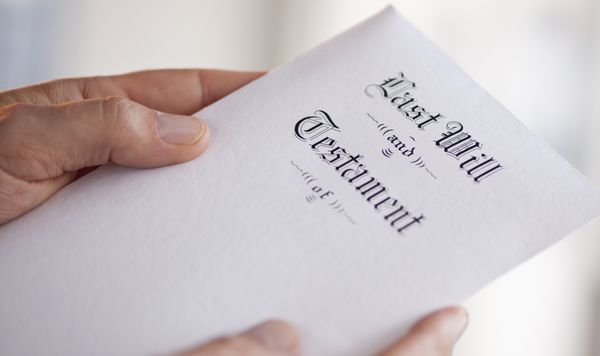While the vast majority of inheritances are distributed evenly among all children, financial and estate planners agree that there are a few unique situations in which it could make sense for parents to leave different types of assets to different kids or set aside more cash for one child over the others.
Marianela Collado of Tobias Financial in Plantation, Florida, says that one of the most common situations is when there's a family business, but only one of the adult children wants anything to do with it.
"Usually the child who has shown an interest in continuing the family business will be left the whole business, and there might be equalization of other assets among the other children," says Collado, adding that things can get complicated, though, if the business represents the bulk of the parents' assets.
Another example where an unequal inheritance could make sense is if one child has been the parents' primary caregiver in their old age. Collado says that it's not uncommon for the child living closest to the parents to put their lives and careers on hold for a number of years to assist them full-time. In that case, giving more to the caregiver "makes up" for the sacrifice of time and lost wages, which is something most siblings would understand.
Disability is another common reason for leaving more money to one child over the others, although parents of an adult child with a disability have to be careful how they set up their estate.
Alexandra Baig operates Companions on Your Journey, a financial planning service for families with special needs in Brookfield, Illinois. She explains that most American adults with disabilities receive benefits through government programs like Medicaid and Supplemental Security Income, but to qualify for those programs, you can't have "countable resources" exceeding $2,000.
"If my adult child lives in a home and there are support staff that come in and help him with activities of daily living or to get to a job, all that is paid for by Medicaid," says Baig. "If my child comes into an inheritance that's larger than $2,000, all of that suddenly vanishes."
The solution, says Baig, is to create a special needs trust. Instead of passing money directly to the disabled child upon the parent's death, it goes into a separate trust that isn't counted toward the child's own assets.
"There could be millions of dollars in the trust and it still wouldn't count toward that $2,000 resource limit, because technically it's not the child's money. The trust owns it," says Baig.
In most cases, Baig notes, leaving more money to a disabled child is "freeing" for the other siblings, because they don't need to feel financially responsible for his or her care. Also, since individuals with disabilities have shorter life expectancies, the trust can easily be passed on to surviving brothers and sisters.



